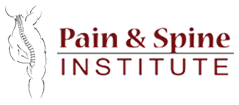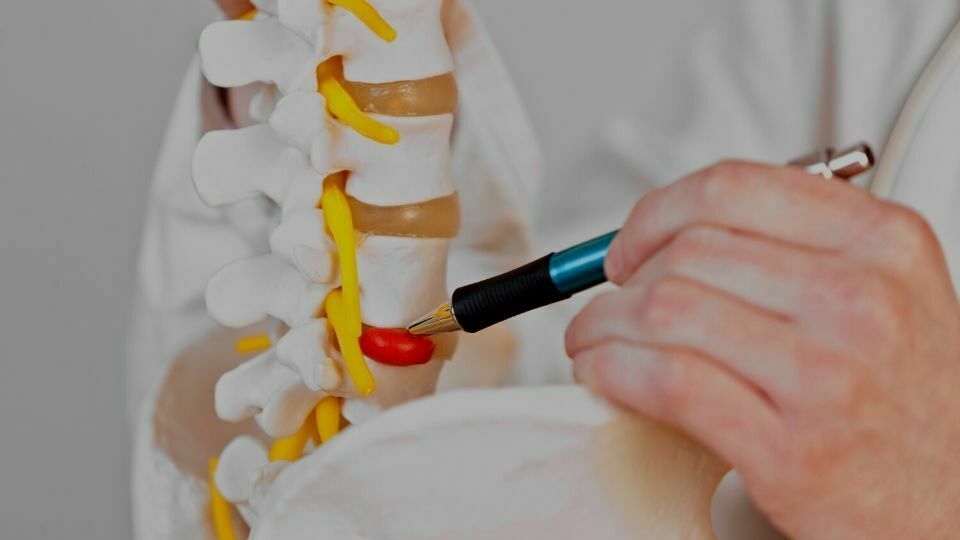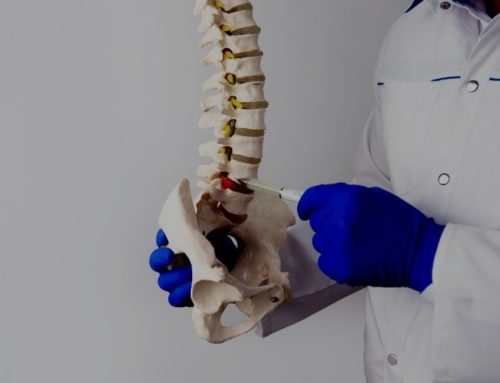Discs are small, round pads that act as cushions between the bones of your spine. They are made up of a tough outer layer and a gel-like inner layer. There are two types of discs in your spine: the cervical discs in your neck and the lumbar discs in your lower back. Both types of discs are susceptible to damage.
If you’ve heard of bulging discs and herniated discs, you might be wondering, are they the same? In this post, we will answer that question in depth. Here’s what to know about bulging discs vs. herniated discs.
What Are Bulging Discs?
Bulging discs are a type of disc injury that occurs when the disc is compressed. This can cause the disc to bulge out. When this happens, the disc can press on nearby nerves, causing pain and other symptoms.
What Are Herniated Discs?
Herniated discs are also a type of disc injury, but they occur when the inner layer of the disc pushes through a hole or tear in the outer layer. This can cause the jelly-like material to leak out and press on nearby nerves, leading to pain and other symptoms.
What Are the Similarities Between Herniated Discs and Bulging Discs?
Both bulging discs and herniated discs can cause pain and other symptoms, such as limited mobility. In some cases, they may require surgery to fix the damage.
What Are the Differences Between Bulging and Herniated Discs?
Bulging discs are not as severe as herniated discs. Bulging discs are less likely to require surgery, while herniated discs often do. Additionally, bulging discs are more common than herniated discs.
What Are the Treatments for Each?
Over-the-Counter Medications:
If you have a bulging disc, over-the-counter medications may help relieve pain and inflammation.
Prescription Medications:
If you have a herniated disc, prescription medications may help relieve pain and inflammation.
Surgery:
If you have a herniated disc, surgery may be necessary to fix the damage. This often involves removing or repairing the herniated disc. Bulging discs do not usually require surgery.
Back and Neck Braces:
Back and neck braces can help support your spine and relieve pain. They are often used to treat bulging discs and herniated discs.
Physical Therapy:
Physical therapy can help improve mobility, reduce pain, and strengthen the muscles around your spine. Physical therapy may be recommended for both bulging discs and herniated discs.
Hopefully, this post has answered your questions about building discs and disc herniation in Chicago. If you have more questions or concerns, or need a diagnosis, contact us today for pain management in Chicago.




